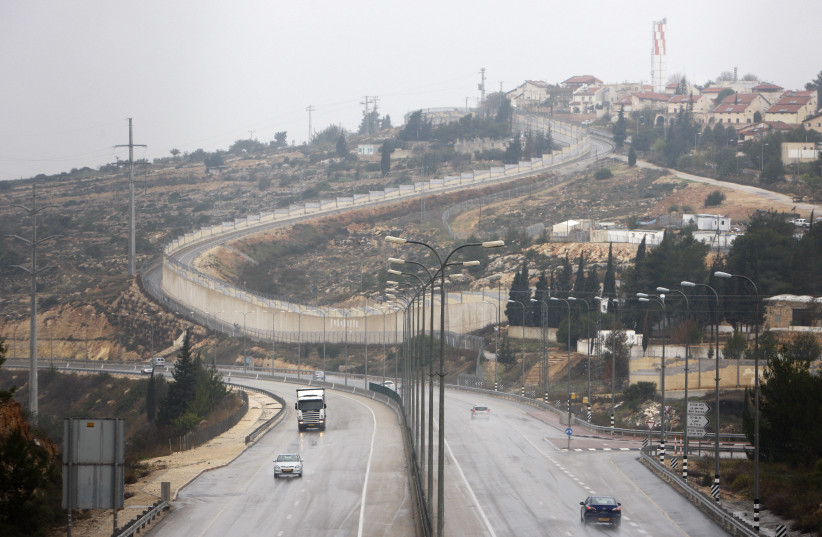Defense Minister Yoav Gallant and top IDF officials met yesterday with leaders from settlements to discuss how to stem the current wave of Palestinian terror.
At the meeting, Gallant also received a situation update, including ongoing efforts to arrest the terrorists who perpetrated this past weekend’s deadly terror attack in Huwara, in which a father and son were killed.
Gallant directed the IDF to increase its efforts to locate and seize illegal Palestinian weapons in the West Bank. He said that the IDF would maintain its increased presence for the time being – currently at 23 battalions, nearly double what it was before the March 2022 wave of terror started.
IDF Central Commander Maj. Gen. Yehuda Fuchs – who has been singled out for criticism by some in the Religious Zionist Party as well as by settlement political officials – was among those at the meeting, held at the IDF Central Command’s headquarters in Jerusalem.
The meeting also included IDF chief-of-staff Herzi Halevi, IDF deputy chief Maj. Gen. Amir Baram, West Bank Civil Administration chief Rasan Alian, and Defense Ministry director-general Eyal Zamir. Regional leaders attending the meeting included Gush Etzion bloc Regional Council leader Shlomo Neeman, Ariel Mayor Eli Shaviro, Shomron Regional Council leader Yossi Dagan, Binyamin Regional Council leader Yisrael Gantz, as well as several other local officials.

The defense minister told the officials that he appreciated their support of Israel’s security forces – though Dagan and some others have regularly lambasted those same forces. In addition, Gallant said he was committed to strengthening the settlement enterprise. He presented the ministry’s latest efforts to widen roads, which would reduce traffic congestion in dangerous areas; as well as increase bullet-proof shielding for vehicles that transport students.
The defense ministry has been working to increase the number of lanes in Palestinian areas where Israeli drivers have been targeted as they wait in traffic.
In Huwara, a new road for Jewish residents, which will bypass the town entirely, is in the works, and is expected to take more than 12 months to complete.
No new war!
The Jerusalem Post has learned that another massive operation, such as the July 3-4 operation in Jenin, is not planned for the near future.
It was unclear if Gallant’s meeting assuaged the local and political leaders’ concerns, since the IDF is not expected to take more aggressive steps in the fight against terror; and new roads will take months, if not a year or more, to be realized.
It was also unclear whether the local leaders’ attacks against Fuchs would cease, given the heightened fears of possible terror attacks, and in light of Prime Minister Benjamin Netanyahu’s recent lukewarm support of Fuchs and IDF officials.
